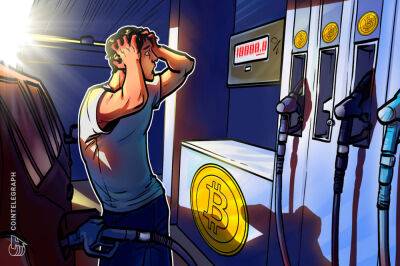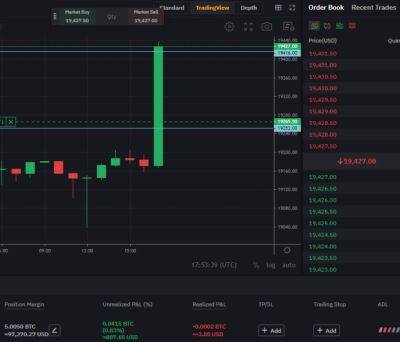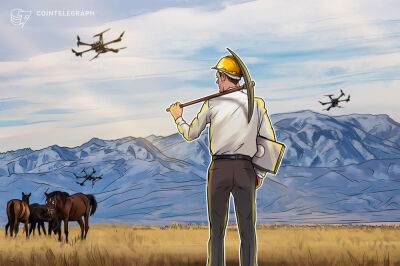Bitcoin in space is good for user privacy, says Adam Back
Adam Back, the co-founder of Blockstream, took a timeout from the mainstage of Bitcoin Amsterdam, a three-day Bitcoin conference in the Netherlands, to talk with Cointelegraph.
Perched at a park table amid tulips and bicycles, the man behind the proof-of-work algorithm challenged Cointelegraph to a game of Jenga and made a case for beaming Bitcoin into space. One of the few people to be cited in the Bitcoin (BTC) white paper, Back also discussed his childhood and his first interactions with computers. The video will soon be published on Cointelegraph’s YouTube channel.
But why do we need the Bitcoin blockchain — a decentralized peer-to-peer network already secured by nodes on earth — in space? Do aliens need Bitcoin the way humans do? Back joked with Cointelegraph nonchalantly:
However, it also brings benefits such as privacy: “You can receive the data anonymously because it's broadcast, and basically nobody can tell you're receiving it. So that's good for privacy,” Back continued, moments before winning the game of Jenga.
Furthermore, having Bitcoin in space is also “Good for companies because they really need to make sure they’re on the right blockchain. If there’s a local network issue or if a router is hacked,” then the satellite Bitcoin connection ensures that companies can continue to transact and use the Bitcoin blockchain without hindrance.
Indeed, the news is awash with governments and groups intent on inhibiting access to Bitcoin or cryptocurrency-related activities; so having a connection to a satellite Bitcoin protocol is invaluable and enables a greater resistance to censorship.
For the global south, the argument for connecting and downloading the backlog of Bitcoin data to synchronize a node is the price.
Read more on cointelegraph.com






















